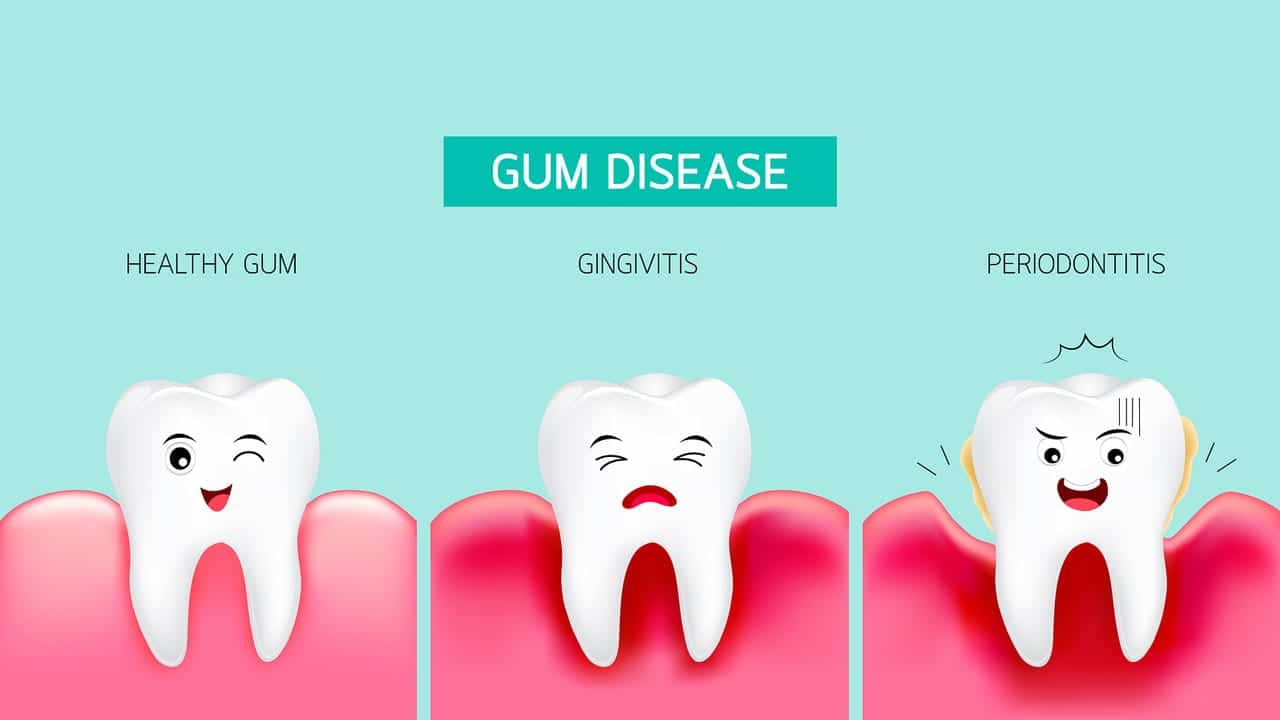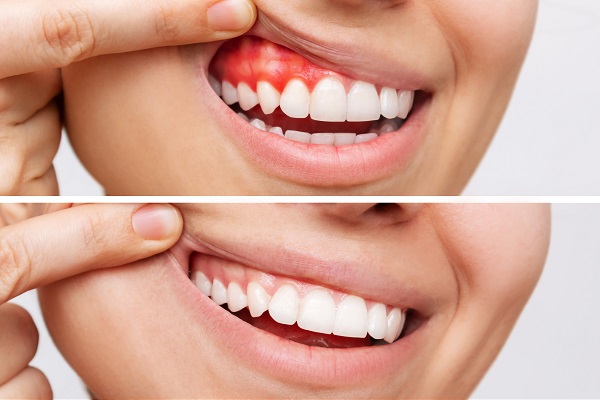What Type of Damage Does Gum Disease Do? | Mountain Town Dental, North Carolina
Gum disease, also known as periodontal disease, is a common condition that affects the health of your gums and supporting structures around the teeth. While it may start with mild symptoms
like swollen gums, if left untreated, it can lead to significant damage that affects not only your oral health but also your overall well-being.

At Mountain Town Dental in North Carolina, we emphasize the importance of early detection and treatment of gum disease to prevent long-term complications. This article explores the different types of damage that gum disease can cause and why prompt treatment is essential.
Stages of Gum Disease
Gum disease progresses in stages, with the severity of the damage increasing over time:
Gingivitis: This is the earliest stage of gum disease and is characterized by red, swollen gums that may bleed when brushing or flossing. Gingivitis is typically caused by plaque buildup and
can be reversed with proper oral hygiene and professional cleanings.
Periodontitis: If gingivitis is left untreated, it can progress to periodontitis. At this stage, the gums begin to pull away from the teeth, forming pockets where bacteria can accumulate. The infection
can spread below the gum line, causing damage to the bone and connective tissue that support the teeth.
Advanced Periodontitis: In the most severe stage, the supporting structures of the teeth, including the bone, are destroyed. This can lead to loose teeth and tooth loss.
Damage Caused by Gum Disease
The damage caused by gum disease can be extensive and irreversible if not addressed early.
Here are some of the most common types of damage:
Bone Loss: As gum disease progresses, it can destroy the bone that supports your teeth. Bone loss weakens the foundation of your teeth, making them more susceptible to shifting or falling out. Without treatment, bone loss can lead to the need for more extensive procedures, such as bone grafts or dental implants.

Gum Recession: Gum disease can cause your gums to recede, exposing the roots of your teeth. This not only affects the appearance of your smile but also increases the risk of tooth sensitivity and decay along the exposed root surfaces.
Tooth Loss: In advanced cases of periodontitis, the supporting structures around the teeth are so damaged that teeth may become loose and eventually fall out. Tooth loss can have a significant impact on your ability to chew, speak, and maintain proper alignment of your
remaining teeth.
Chronic Inflammation: Gum disease causes chronic inflammation in the gums, which can spread to other areas of the mouth and body. Studies have linked gum disease to systemic health issues such as heart disease, diabetes, and respiratory problems.
Abscesses and Infections: If the bacteria in the gum pockets are not removed, they can lead to the formation of abscesses, which are painful infections that require immediate treatment.
Preventing and Treating Gum Disease
The best way to prevent gum disease from causing irreversible damage is through regular dental care and good oral hygiene habits.
Brushing twice a day, flossing daily, and attending regular dental check-ups at Mountain Town Dental can help keep gum disease at bay. If you already have gum disease, treatments such as scaling and root planing, laser therapy, and periodontal surgery can help manage the condition and prevent further damage.

Conclusion
Gum disease is a serious condition that can cause extensive damage to your oral and overall health if left untreated.
At Mountain Town Dental in North Carolina, we are committed to providing our patients with the highest level of care to prevent and treat gum disease. If you are experiencing symptoms of gum disease, contact us today to schedule an appointment and
protect your oral health.
Comments
Post a Comment